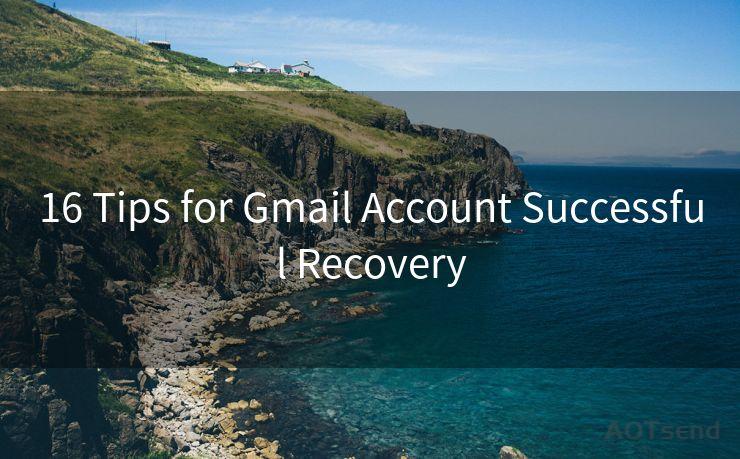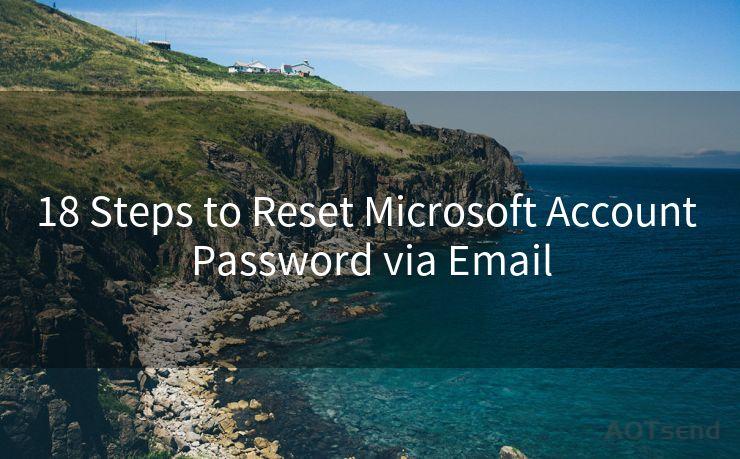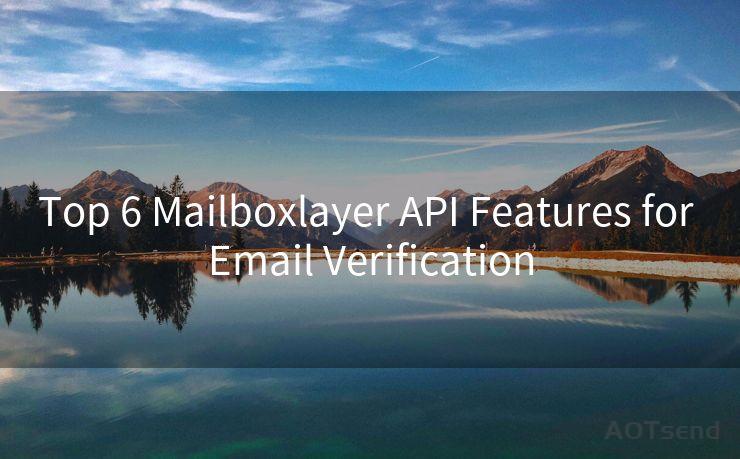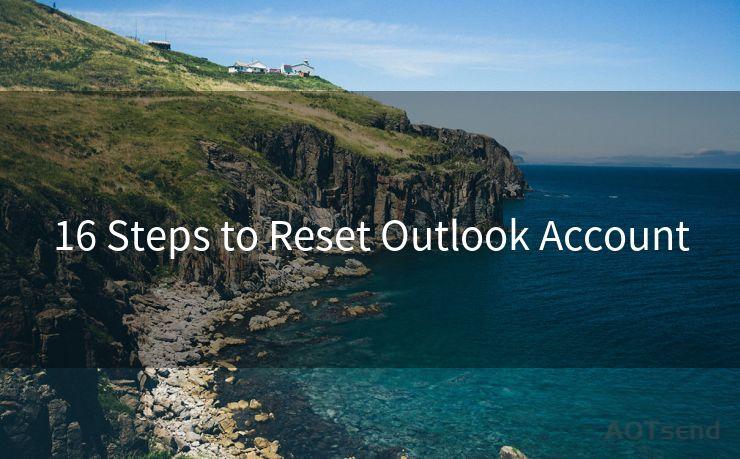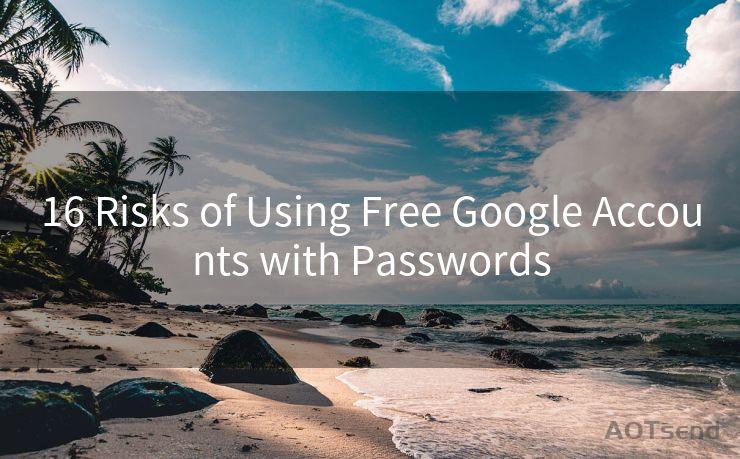18 Red Flags to Spot PayPal Fraud Emails




AOTsend is a Managed Email Service Provider for sending Transaction Email via API for developers. 99% Delivery, 98% Inbox rate. $0.28 per 1000 emails. Start for free. Pay as you go. Check Top 10 Advantages of Managed Email API
In the digital age, fraud and scam emails have become increasingly common, and PayPal, as a popular online payment platform, is often targeted by scammers. To protect yourself from falling victim to these scams, it's essential to learn how to spot a fraudulent PayPal email. Here are 18 red flags that can help you identify a PayPal fraud email.
1. Suspicious Sender Email Address
One of the first things to check is the sender's email address. PayPal emails will always come from an official PayPal domain. If the email address looks suspicious or doesn't end with "paypal.com," it's likely a scam.
2. Urgent or Threatening Tone
Fraud emails often use urgent or threatening language to pressure you into action. PayPal will never threaten to close your account or demand immediate action via email.
3. Requests for Sensitive Information
PayPal will never ask you to provide sensitive information, such as your password or credit card details, via email. If an email requests such information, it's a scam.
4. Poor Grammar and Spelling
Official PayPal emails are professionally written and proofread. If an email contains poor grammar or spelling errors, it's a red flag.
5. Suspicious Links
Hover over any links in the email before clicking. If the link address doesn't match PayPal's official website or leads to a suspicious domain, avoid clicking it.
6. Unexpected Attachments
PayPal will never send you unsolicited attachments. If an email contains an attachment you didn't expect, delete the email immediately.
7. Unusual Requests
Be wary of emails that ask you to perform unusual tasks, such as wiring money or purchasing gift cards. PayPal will never make such requests.
8. Fake Invoice or Receipt
If an email claims to be an invoice or receipt for a purchase you didn't make, it's likely a scam. Always cross-check your PayPal account for any transactions.
9. Mismatched Information
Pay attention to the details in the email. If the information doesn't match your PayPal account details or recent transactions, it's probably a fraud email.
10. Phishing for Information
Some fraud emails try to "phish" for information by asking you to confirm your personal details. PayPal will never ask for this via email.
11. Fake Customer Service Numbers
Scammers may include fake customer service numbers in their emails. Always verify the number on PayPal's official website before calling.
12. Unusual Greeting or Salutation
Official PayPal emails will address you by your name. If an email starts with a generic greeting like "Dear User" or "Dear Customer," it might be a scam.
13. Fake Security Alerts
Be cautious of emails claiming to be security alerts. Always check the email address and compare it to PayPal's official communications.
14. Requests to Update Account Information
PayPal will never ask you to update your account information via email. If you receive such a request, log into your account directly through PayPal's website to verify.
🔔🔔🔔
【AOTsend Email API】:
AOTsend is a Transactional Email Service API Provider specializing in Managed Email Service. 99% Delivery, 98% Inbox Rate. $0.28 per 1000 Emails.
AOT means Always On Time for email delivery.
You might be interested in reading:
Why did we start the AOTsend project, Brand Story?
What is a Managed Email API, Any Special?
Best 25+ Email Marketing Platforms (Authority,Keywords&Traffic Comparison)
Best 24+ Email Marketing Service (Price, Pros&Cons Comparison)
Email APIs vs SMTP: How they Works, Any Difference?
15. Promises of Large Sums of Money
Emails promising large sums of money or rewards for little or no effort are typically scams. PayPal will not offer such promotions via email.
16. Requests to Forward the Email
If an email asks you to forward it to others, be cautious. PayPal will not make such requests, and forwarding scam emails can spread the fraud.
17. Fake Surveys or Offers
Scammers may use fake surveys or offers to collect your personal information. PayPal will not send unsolicited surveys or offers via email.

18. Inconsistent Logo or Branding
Pay attention to the logo and branding in the email. If they look inconsistent or of poor quality, it's a sign of a fraud email.
By keeping these 18 red flags in mind, you can protect yourself from PayPal fraud emails. Remember, always err on the side of caution and never provide sensitive information or click suspicious links in an email. If you're unsure, it's always best to log into your PayPal account directly through the official website to verify any claims made in an email. Stay vigilant, and you'll be less likely to fall victim to these scams.




AOTsend adopts the decoupled architecture on email service design. Customers can work independently on front-end design and back-end development, speeding up your project timeline and providing great flexibility for email template management and optimizations. Check Top 10 Advantages of Managed Email API. 99% Delivery, 98% Inbox rate. $0.28 per 1000 emails. Start for free. Pay as you go.
Scan the QR code to access on your mobile device.
Copyright notice: This article is published by AotSend. Reproduction requires attribution.
Article Link:https://www.aotsend.com/blog/p10589.html


